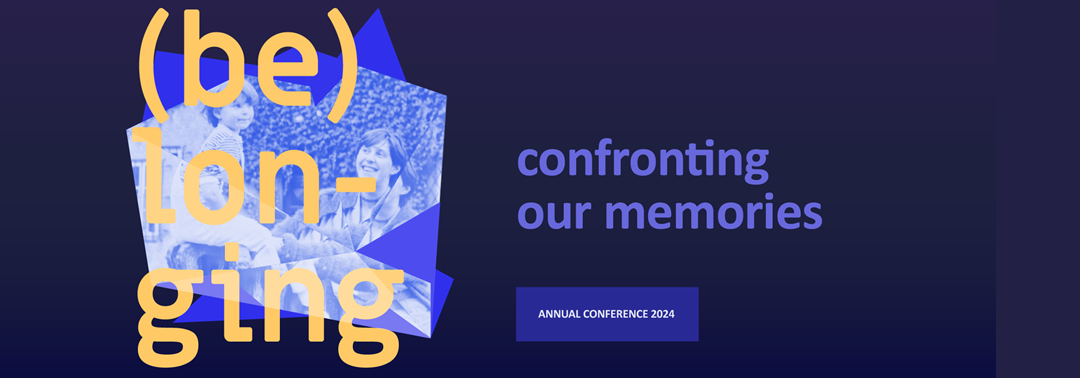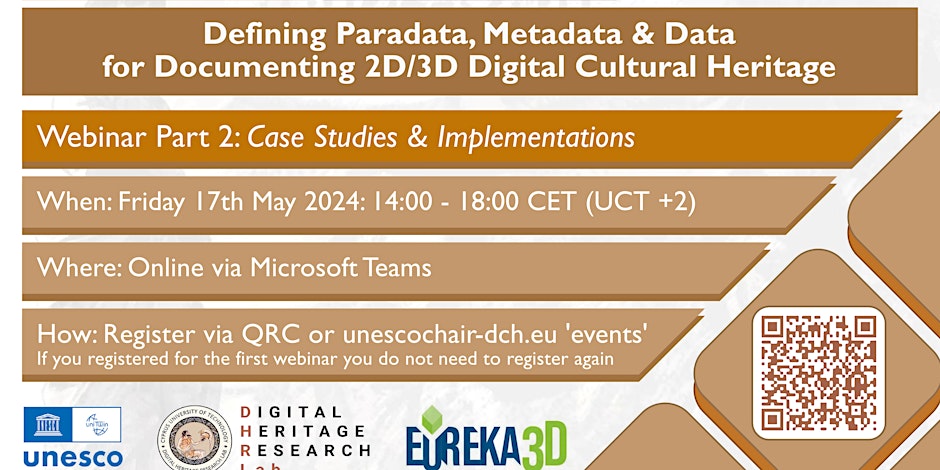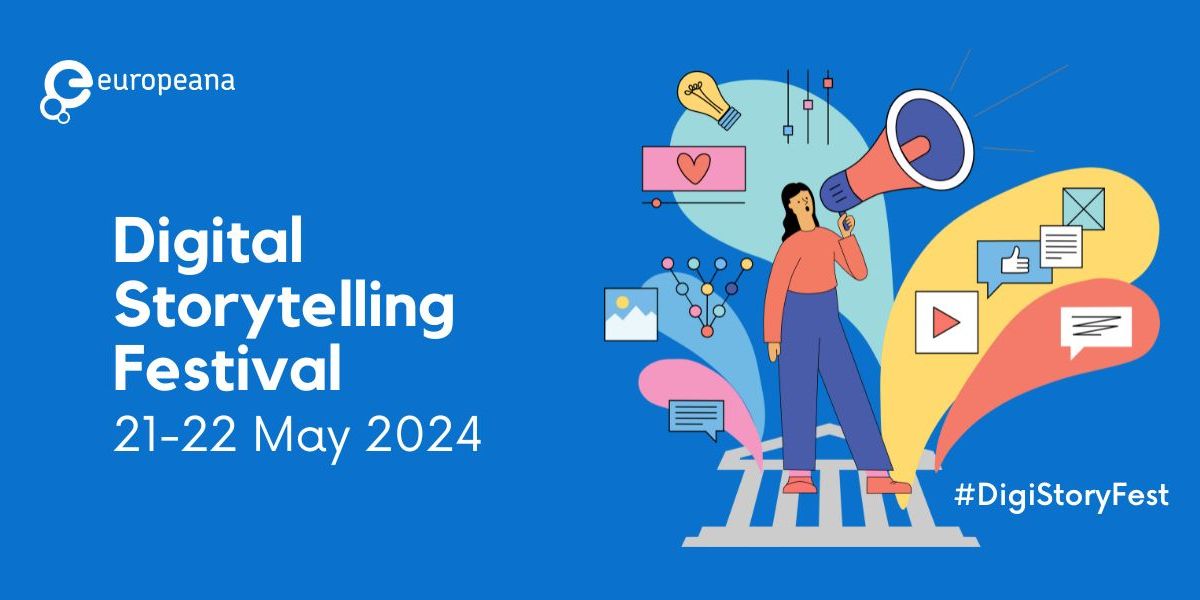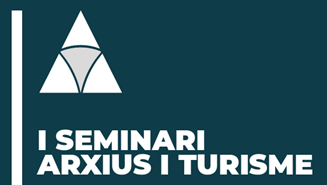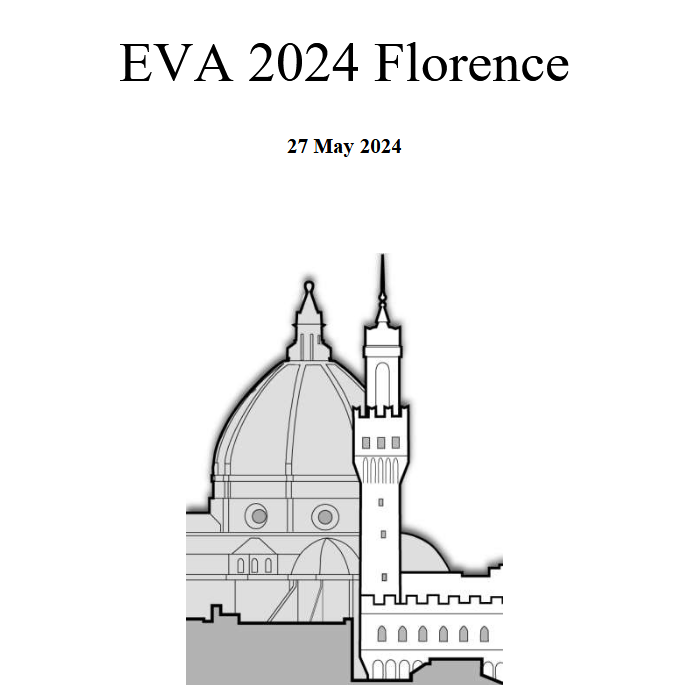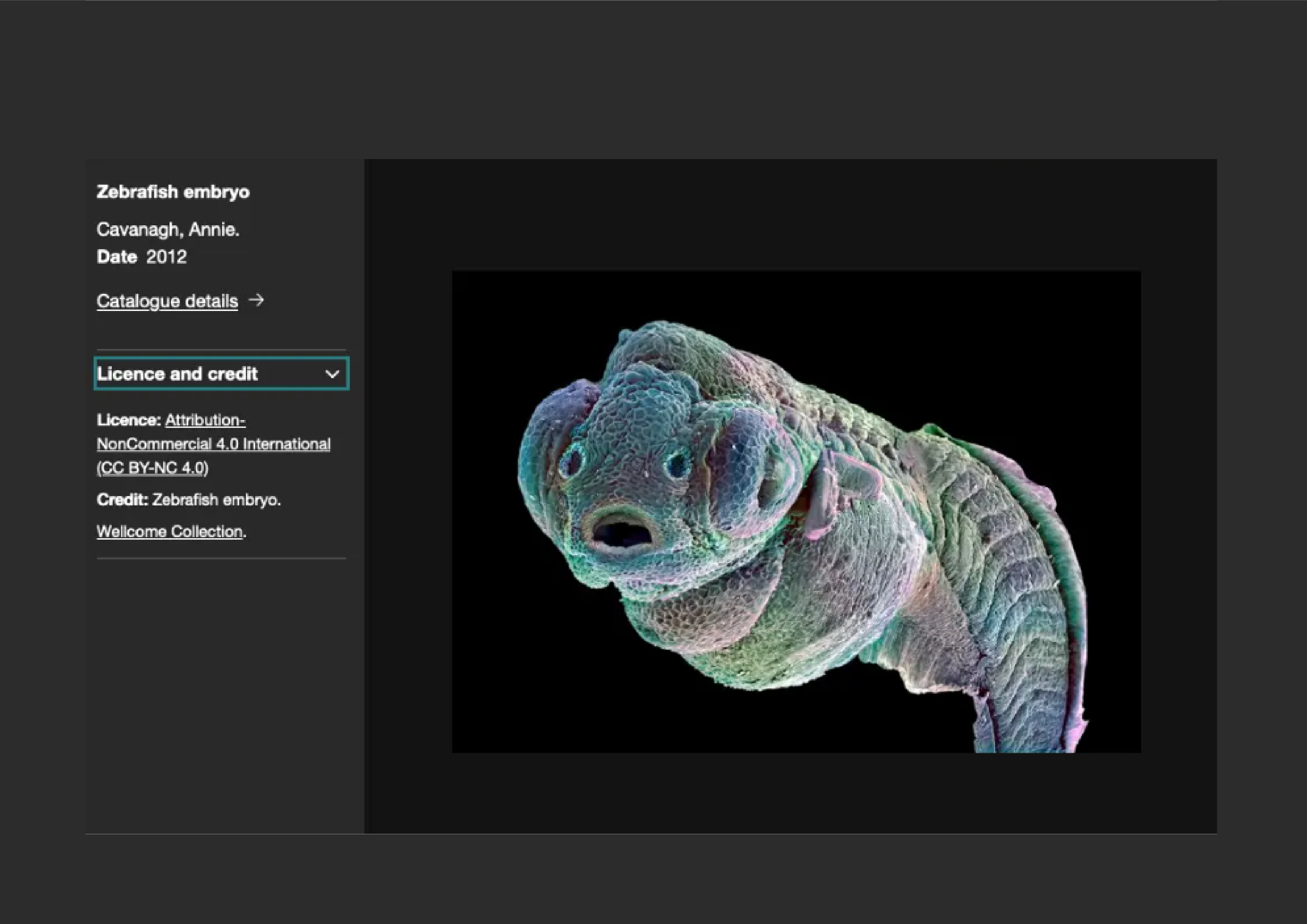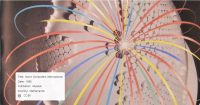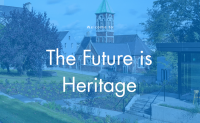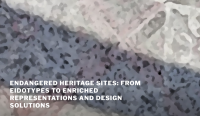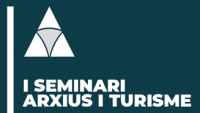6–8 March 2019, Helsinki Collegium for Advanced Studies, University of Helsinki.
As our visible and invisible social reality is getting increasingly digital, the question of the ethical, moral and political consequences of digitalization is ever more pressing. Such issue is too complex to be met only with instinctive digiphilia or digiphobia. No technology is just a tool, all technologies mark their users and environments. Digital technologies, however, mark them much more intimately than any previous ones have done since they promise to think in our place – so that they do not only enhance the ’ most distinctive feature but also relieve them from it. We entrust computers with more and more functions, and their help is indeed invaluable especially in science and technology. Some fear or dream that in the end, they become so invaluable that a huge Artificial Intelligence or Singularity will take control of the whole affair that humans deal with so messily.
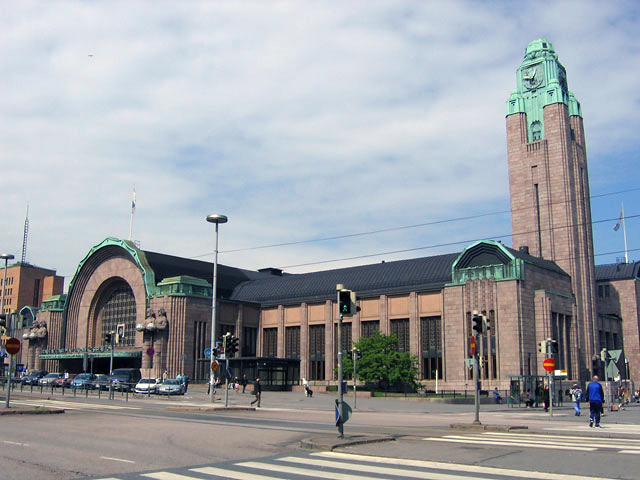
CALL FOR PAPERS
The symposium “Moral Machines? The Ethics and Politics of the Digital World” welcomes contributions addressing the various aspects of the contemporary digital world. We are especially interested in the idea that despite everything they can do, the machines do not really think, at least not like us. So, what is thinking in the digital world? How does the digital machine “think”? Our both confirmed keynote speakers, N. Katherine Hayles (Duke University, USA) and Bernard Stiegler (IRI: Institut de Recherche et d’Innovation at the Centre Pompidou de Paris), have approached these fundamental questions in their work, and one of our aims within this symposium is to bring their approaches together for a lively discussion. Hayles has shown that, for a long time, computers were built with the assumption that they imitate human thought – while in fact, the machine’s capability of non-embodied and non-conscious cognition sets it apart from everything we call thinking. For his part, Bernard Stiegler has shown how technics in general and digital technologies in particular are specific forms of memory that is externalized and made public – and that, at the same time, becomes very different from and alien to individual human consciousness.
We are seeking submissions from scholars studying different aspects of these issues. Prominent work is done in many fields ranging from philosophy and literary studies to political science and sociology, not forgetting the wide umbrella of digital humanities. We hope that the symposium can bring together researchers from the hitherto disconnected fields and thus address the ethics and politics of the digital world in a new and inspiring setting.
300 words abstract deadline submission: 31st August 2018.
Read More: https://blogs.helsinki.fi/moralmachines/call-for-papers/



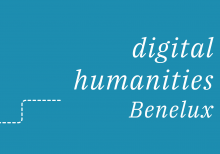
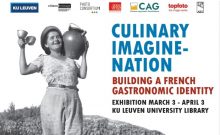
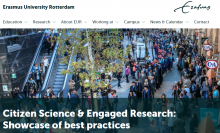
 If you have interesting news and events to point out in the field of digital cultural heritage, we are waiting for your contribution.
If you have interesting news and events to point out in the field of digital cultural heritage, we are waiting for your contribution.


